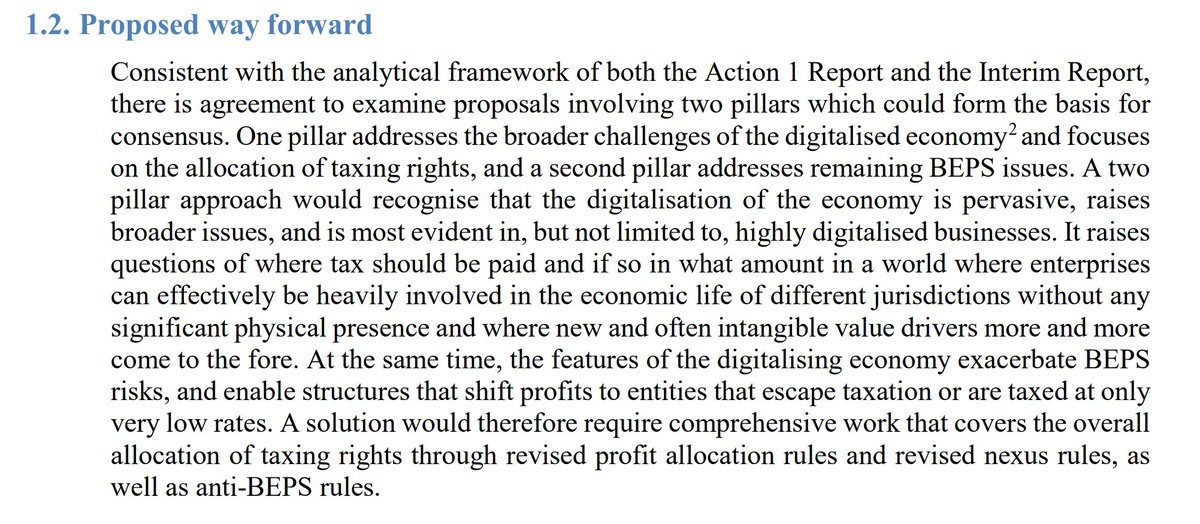oecd.org/tax/internatio…

Consider:
1. The arm's length principle has lost its monopoly.
2. Will the OECD's monopoly go with it? (Has it already?)
3. Can lower-income countries still be held to OECD discipline?

Get real-time email alerts when new unrolls are available from this author!
Twitter may remove this content at anytime, convert it as a PDF, save and print for later use!

1) Follow Thread Reader App on Twitter so you can easily mention us!
2) Go to a Twitter thread (series of Tweets by the same owner) and mention us with a keyword "unroll"
@threadreaderapp unroll
You can practice here first or read more on our help page!